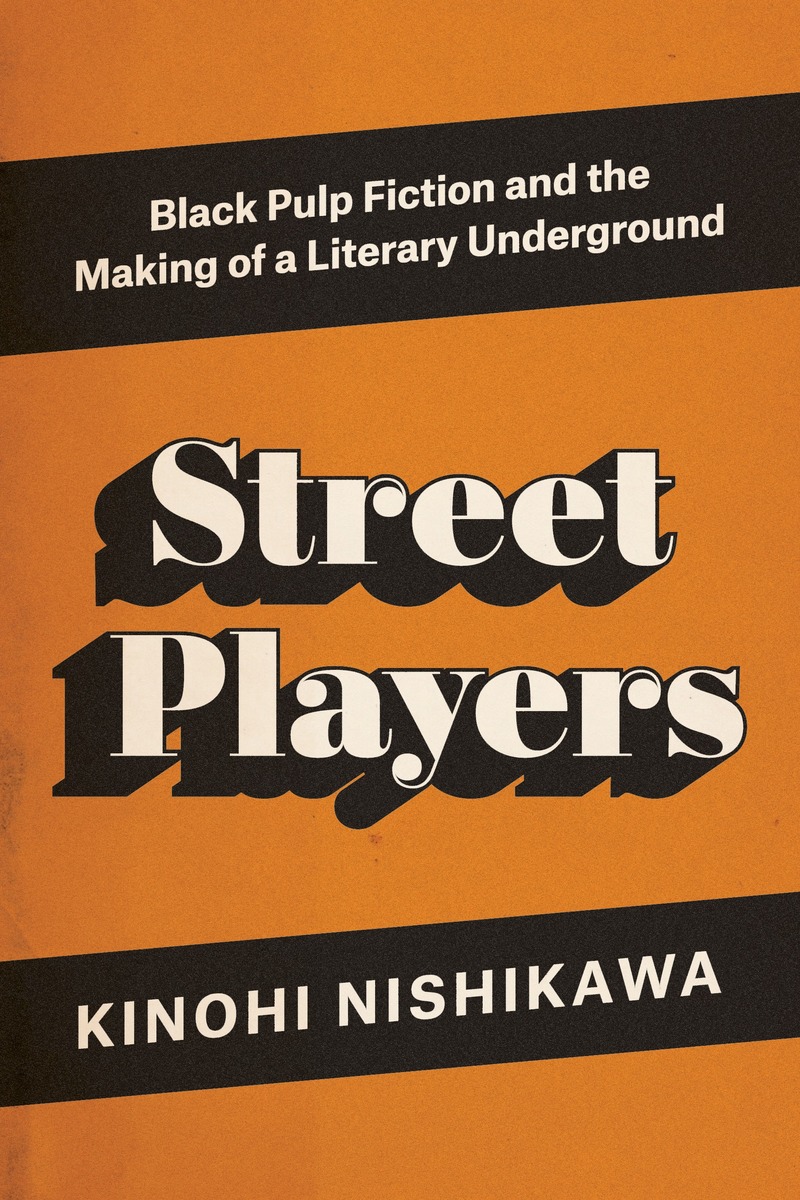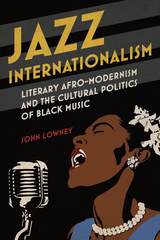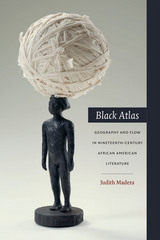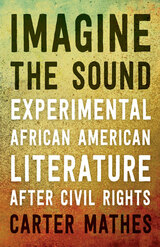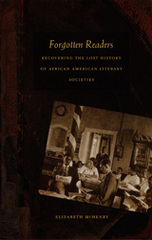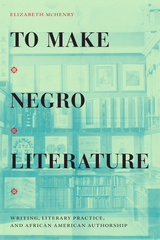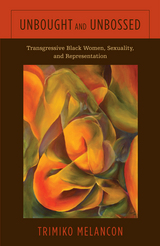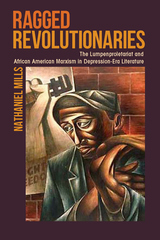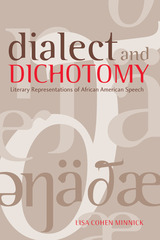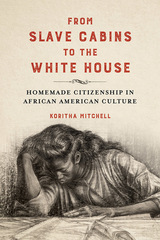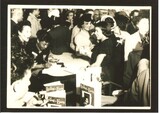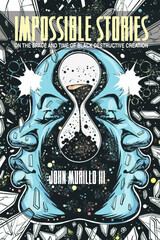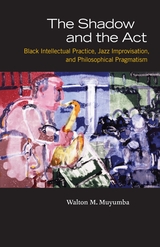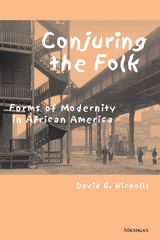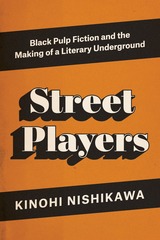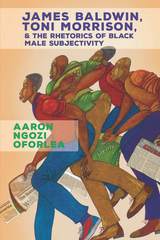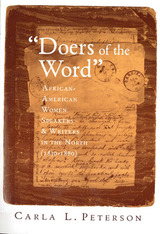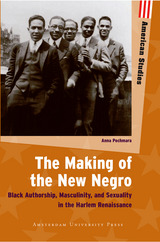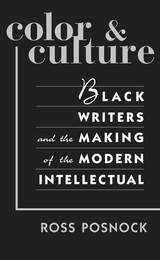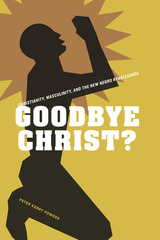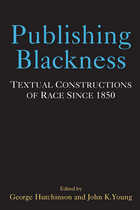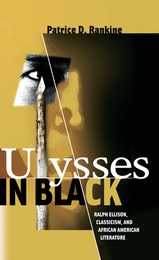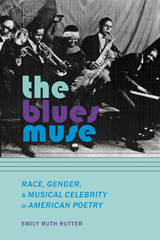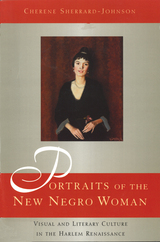Street Players: Black Pulp Fiction and the Making of a Literary Underground
University of Chicago Press, 2018
Paper: 978-0-226-58691-5 | Cloth: 978-0-226-58688-5 | eISBN: 978-0-226-58707-3
Library of Congress Classification PS153.N5N57 2018
Dewey Decimal Classification 813.009896073
Paper: 978-0-226-58691-5 | Cloth: 978-0-226-58688-5 | eISBN: 978-0-226-58707-3
Library of Congress Classification PS153.N5N57 2018
Dewey Decimal Classification 813.009896073
ABOUT THIS BOOK | AUTHOR BIOGRAPHY | REVIEWS | TOC | REQUEST ACCESSIBLE FILE
ABOUT THIS BOOK
The uncontested center of the black pulp fiction universe for more than four decades was the Los Angeles publisher Holloway House. From the late 1960s until it closed in 2008, Holloway House specialized in cheap paperbacks with page-turning narratives featuring black protagonists in crime stories, conspiracy thrillers, prison novels, and Westerns. From Iceberg Slim’s Pimp to Donald Goines’s Never Die Alone, the thread that tied all of these books together—and made them distinct from the majority of American pulp—was an unfailing veneration of black masculinity. Zeroing in on Holloway House, Street Players explores how this world of black pulp fiction was produced, received, and recreated over time and across different communities of readers.
Kinohi Nishikawa contends that black pulp fiction was built on white readers’ fears of the feminization of society—and the appeal of black masculinity as a way to counter it. In essence, it was the original form of blaxploitation: a strategy of mass-marketing race to suit the reactionary fantasies of a white audience. But while chauvinism and misogyny remained troubling yet constitutive aspects of this literature, from 1973 onward, Holloway House moved away from publishing sleaze for a white audience to publishing solely for black readers. The standard account of this literary phenomenon is based almost entirely on where this literature ended up: in the hands of black, male, working-class readers. When it closed, Holloway House was synonymous with genre fiction written by black authors for black readers—a field of cultural production that Nishikawa terms the black literary underground. But as Street Players demonstrates, this cultural authenticity had to be created, promoted, and in some cases made up, and there is a story of exploitation at the heart of black pulp fiction’s origins that cannot be ignored.
Kinohi Nishikawa contends that black pulp fiction was built on white readers’ fears of the feminization of society—and the appeal of black masculinity as a way to counter it. In essence, it was the original form of blaxploitation: a strategy of mass-marketing race to suit the reactionary fantasies of a white audience. But while chauvinism and misogyny remained troubling yet constitutive aspects of this literature, from 1973 onward, Holloway House moved away from publishing sleaze for a white audience to publishing solely for black readers. The standard account of this literary phenomenon is based almost entirely on where this literature ended up: in the hands of black, male, working-class readers. When it closed, Holloway House was synonymous with genre fiction written by black authors for black readers—a field of cultural production that Nishikawa terms the black literary underground. But as Street Players demonstrates, this cultural authenticity had to be created, promoted, and in some cases made up, and there is a story of exploitation at the heart of black pulp fiction’s origins that cannot be ignored.
See other books on: African Americans in literature | Holloway House Publishing Co | Nishikawa, Kinohi | Race in literature | Urban fiction, American
See other titles from University of Chicago Press
